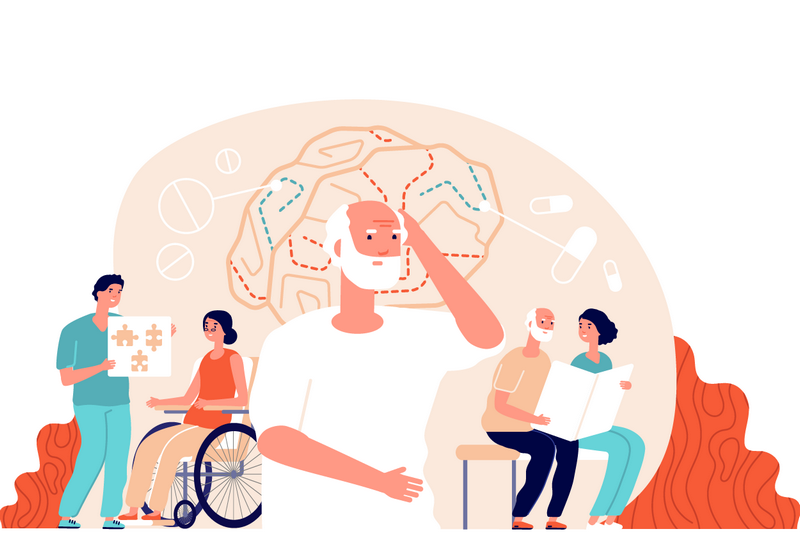 The idea of luck is frequently multifaceted and subjective, influenced by numerous elements consisting of opportunity, prep work, way of thinking, and possibility occurrences. While some individuals may appear to experience more fortunate results than others, a number of factors add to this perception:
The idea of luck is frequently multifaceted and subjective, influenced by numerous elements consisting of opportunity, prep work, way of thinking, and possibility occurrences. While some individuals may appear to experience more fortunate results than others, a number of factors add to this perception:
- Preparation and Opportunity: Individuals that spend time and effort in creating their skills often tend to recognize and confiscate possibilities more readily.For example, study by psycho therapist Anders Ericsson recommends that intentional technique is a key consider attaining knowledge, raising the likelihood of success when possibilities occur.
- State of mind and Mindset: Favorable attitudes and resilience influence just how individuals reply to scenarios, potentially opening doors to more fortunate outcomes.Studies in favorable psychology show that positive people bounce back better and preserve inspiration in search of their goals.
- Risk-Taking: Some individuals are much more inclined to take calculated dangers, causing chances others could regard as luck.Behavioral economic experts keep in mind that risk-takers tend to have a higher capacity for success, taking advantage of cutting-edge solutions and possibilities.
- Networking and Links: Structure solid networks and connections can develop pathways to opportunities perceived as luck.Research reveals that solid social networks associate with career advancement and accessibility to resources.
- Random Opportunity: Despite cautious preparation, luck can still dramatically influence outcomes.Randomness and uncertainty are inherent, causing unforeseeable results in spite of careful planning and evaluation.
- Understanding and Interpretation: Perception affects exactly how individuals interpret results, forming ideas regarding luck.Cognitive biases affect interpretations of good luck, with people attributing success to aspects like hard work or ability.
- Learning from Failing: Failing belongs of the trip in the direction of success, with lessons to be learned.Organizational psychology research highlights the relevance of a development way of thinking in picking up from troubles and accomplishing greater success.
read about it https://www.dentaltown.com/blog/post/21265/how-browser-games-promote-social-interaction from Our Articles
Eventually, while luck may contribute, identifying and actively involving with different aspects such as prep work, attitude, risk-taking, networking, understanding, and gaining from failing can increase one’ s possibilities of experiencing desirable outcomes. By growing strength, accepting chances, and navigating challenges efficiently, individuals can form their own lot of money in both specialist and individual ventures.